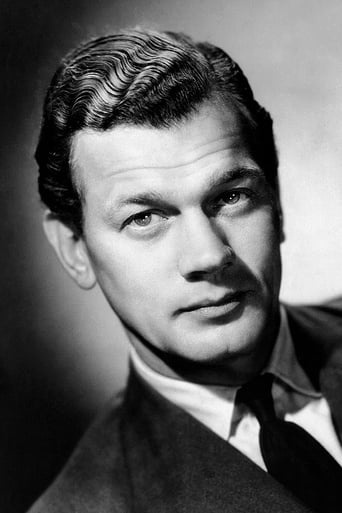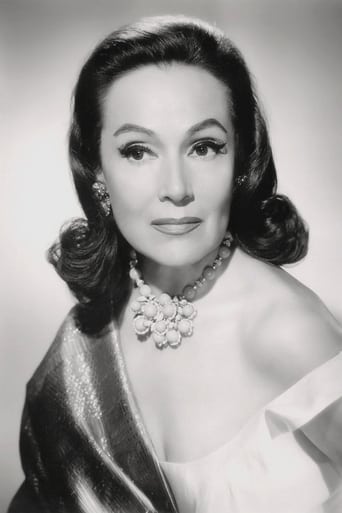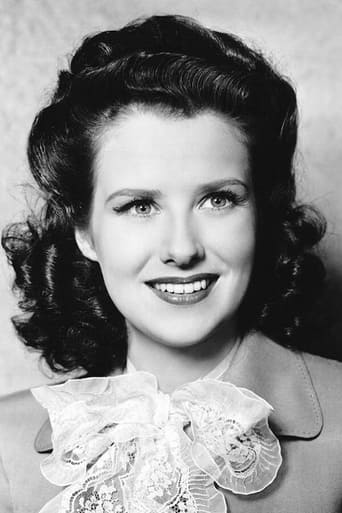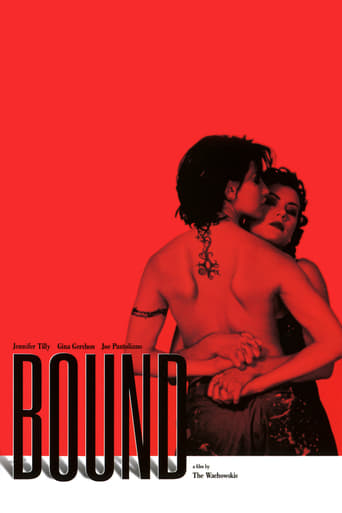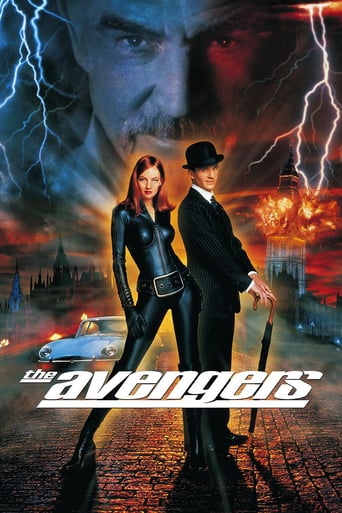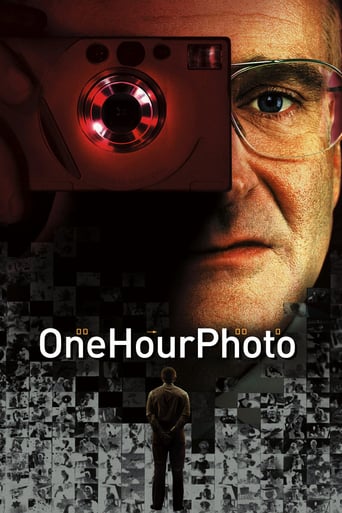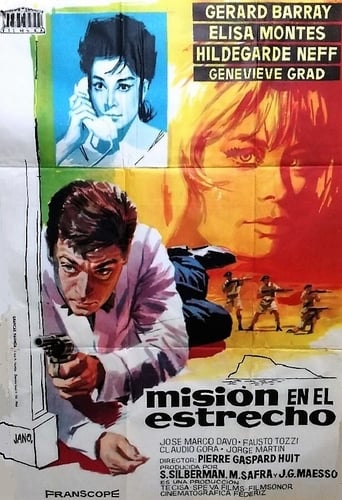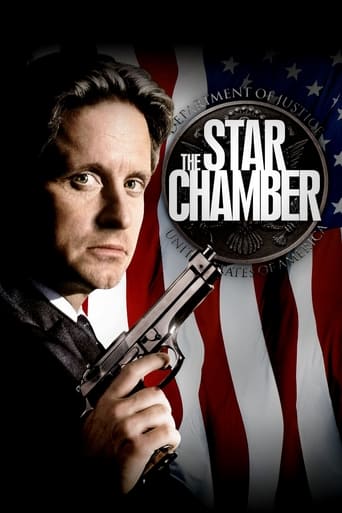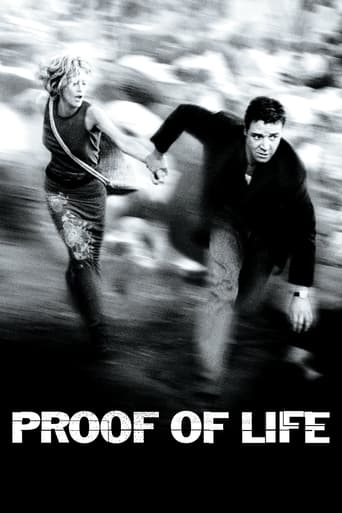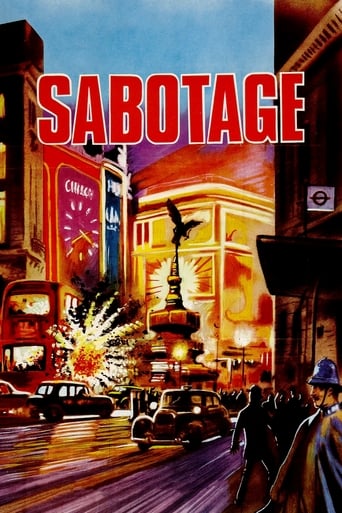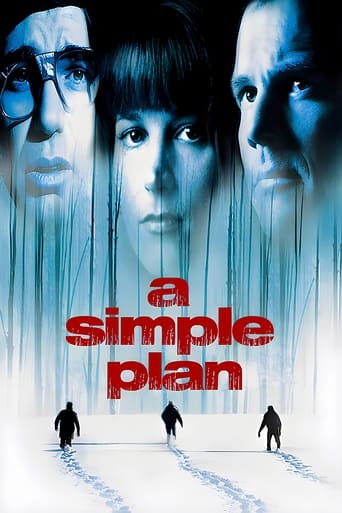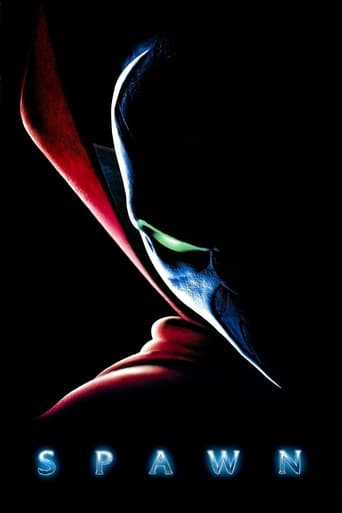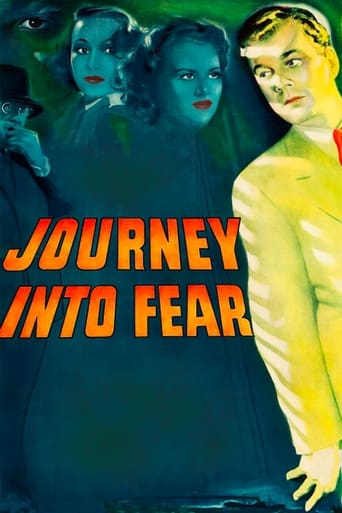
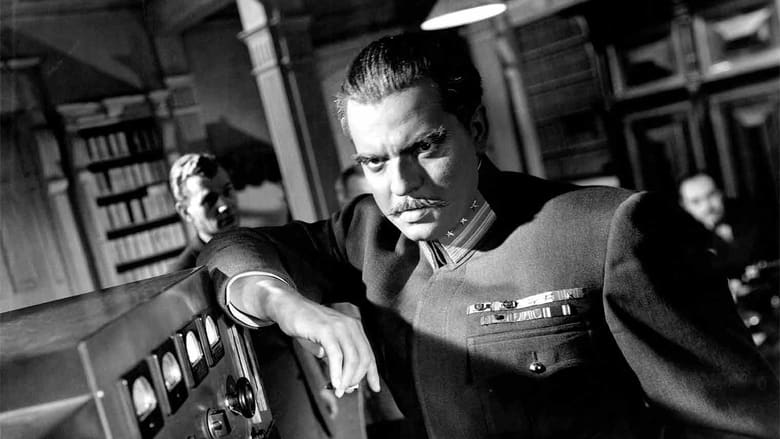
Journey into Fear (1943)
An American ballistics expert in Turkey finds himself targeted by Nazi agents. Safe passage home by ship is arranged for him, but he soon discovers that his pursuers are also on board.
Watch Trailer
Cast


Similar titles
Reviews
Director Norman Foster made some of the Charlie Chan and Mr Moto films as well as the campy Batman TV series which explains this low key rather mediocre film which stars Joseph Cotton and has a cameo from Orson Welles as the Turkish Colonel Haki.Cotton plays a naval engineer and arms dealer travelling in Istanbul with his wife and ends up nearly getting killed by hired Nazi agents. He flees without his wife aboard a steamship but the agents pursue him.The film is a not too long B film, short on thrills and has big plot holes. It plods along as Cotton blunders through the film trying to figure out what is happening to him.You end up thinking that the film wants to hang on to the coat tails of the other better known Welles and Cotton collaborations.
The American ballistic expert and naval engineer Howard Graham (Joseph Cotton) is traveling with his wife Mrs. Stephanie Graham (Ruth Warrick) to Batumi by train. They stop in Istanbul to meet Kopeikin (Everett Sloane), who is the armaments representative of Graham's company, and he takes Graham to a nightclub to discuss business. Kopeikin introduces the dancer Josette Martel (Dolores Del Rio) to him and during the show, the magician invites Graham to go to the stage. The killer Banat (Jack Moss) tries to kill Graham, but hits the magician instead. Graham is forced to go to the Turkish police and Colonel Haki (Orson Welles) from the secret service shows him photograph of Banat, who has been hired by the Nazi Muller (Eustace Wyatt) to kill him. Haki asks Graham to travel to Batumi by steamship since it would be a safer trip. However, Graham stumbles over Banat and Muller, in the beginning of his journey into fear."Journey into Fear" is a deceptive classic with an entertaining spy story. With the names of Orson Welles, Joseph Cotton and Dolores Del Rio, any viewer would expect a great classic but the result is a disappointing plot. My vote is six.Title (Brazil): "Jornada do Pavor" ("Journey into Fear")
Considering the turmoil in the aftermath of Kane one could suppose that we're lucky to have even a truncated second/third film from old Awesome. It was, of course, always going to be a problem following Kane even if everything was running smoothly, as it was, Welles was here, there, and everywhere initially trying to decide on a project, then leaving a second masterpiece in the hands of the abattoir known as RKO whilst off in Rio on an aborted project and somewhere in the middle of all this deciding on an Eric Ambler novel - all his life Welles was a sucker for espionage thrillers - rounding up his Mercury players, assigning Jo Cotton - who had never written anything more ambitious than a Christmas card - to adapt the novel, playing only his second ever acting role on screen, albeit a brief one, coming up with another collection of 'signature' shots and handing the directing credit to Norman Foster. Okay, it's less than perfect - in one sense it resembles a blueprint for Mr. Arkadin - but even imperfect Welles is light years better than, for example, overrated 'pure' Hitchcock. If ultimately disappointing it is at the same time fascinating.
I do not recommend seeing this on your first round through cinema or Welles, or if you're inexperienced with narrative. It will seem ordinary with some flourishes, and easy to dismiss as a botched studio job. If on the other hand, you've come to be a lucid viewer that collaborates with the film to create your own space, then I urge you to watch this as the Japanese do their gardening.Now we cannot go past Welles when talking about this. Bodganovich believes he had something to do with directing, certainly the few obvious scenes where the camera dances. Welles himself discards any such thing but does not deny collaborating - and can you imagine a film where the genius behind Kane is involved and does not bend the vision to his?In one or the other capacity, this is an Orson Welles film, there's no way past it.But Welles also claims that, if it hadn't been for RKO's meddling, the film was going to be a straight-up entertaining thriller, classy, emphasis on characters and story. That is fine, the way Hitchcock did things, but it's not what we have. RKO rolled in and deliberately botched it, the sooner to be rid of its wunderkind. So popular opinion has naturally filed this under muddled story with some interest where Welles is supposed to have directed, and largely forgotten all about it.No, something else goes on here, what I call the Ambersons effect. Ambersons was the other film that RKO destroyed while Welles was away in Brazil (the two films were simultaneously filmed), and is a much more clear example of what I'm talking about. It was going to be something on the scope and innovation of Kane, was botched, almost one third of it, and we're left with an unfinished, peculiar masterpiece that in turns is and hints at the film it was meant to be.My notion is that both this and Ambersons indirectly benefited from this meddling, the result being a radically new type of narrative. The Ambersons effect is a story that collapses in on itself as focus shifts 'on' the story, which comes from studio editors cutting a complex story for continuity. It is one of those genius accidents that no one could think of until it simply happened by itself. I elaborate on this in my post for Ambersons.So look at this. Superficially, it's a noir thriller about an American arms adviser in Turkey who is forced to go on the run to avoid being murdered by Nazis. He's forced to go undercover in short notice, boarding a freighter with a sexy cabaret dancer. But he has left a wife behind in their hotel room.So how to exemplify intense anxiety that comes from dislocation in the world of the narrative? Here come two amazing narrative devices written in by Welles.The first is that he's writing a letter to his wife that explains his prolonged absence, we never see him actually write but bits of this are narrated to us all through the film. The feeling of guilt and adoration that pours from it so peculiar, it makes one wonder if he hasn't really eloped with the dancer - or desires to - and our film is really his far-fetched fabrication where nothing happens of his own free will and he's practically buffeted around by forces beyond control. The other is where the entire plot is set in motion on a stage with murder as part of a magician's disappearing act, except the magician is killed in our man's place. What better way to stress fabrication?So a world that magically shifts so that fates are in control and calling the shots, fabricated as a narrative that excuses loss of control that is desire for the woman in the cabaret, the deceit mirrored in the host of strange characters onboard the ship acting roles.One is a henpecked husband who discovered he can spout off communist talk to embarrass his wife into submission, another clue here; over time, he became the invented role and now believes in the act. He's now a fervent communist. Another is the Turkish hit-man registered on the passenger roll as a Greek businessman. This has a rich political subtext on the region the ship sails through, the Pontic coast, where hundreds of thousands of Pontic Greeks were massacred by the Kemalists, the regime served by Welles' character in the film.There is poker involved as means of wrestling away control of the story, and another agent counter-plotting. Of course moral anxiety our man is feeling becomes so devastating, the voyage becomes this strange ritual journey where characters prepare him for death. Notice the talk on the deck - also deceiving - about change and time stopped. Notice the sailor who pretends to shoot him and cackles hysterically.So how does he come back into the light? Of course he tears away the story as soon as he's finished actually writing it. The wife will never know, or the thing never happened, normal life can be resumed. This is great stuff.


